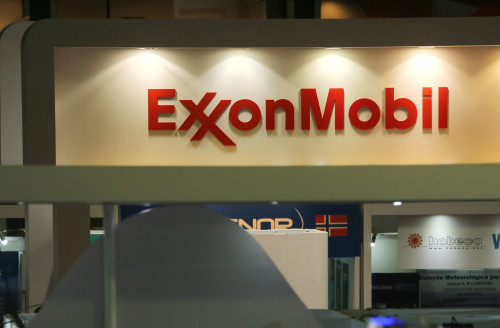 1
1 1
1
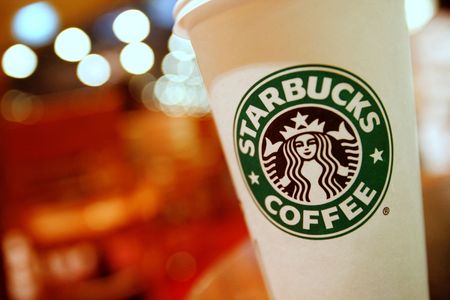
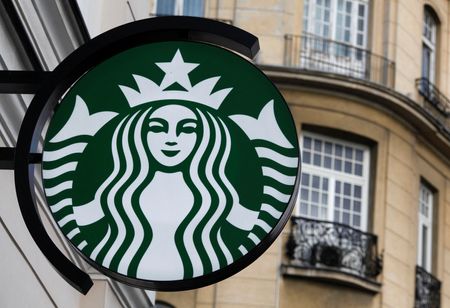
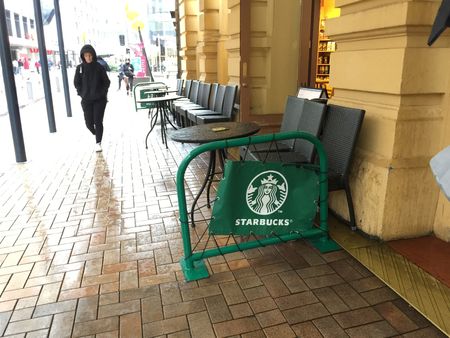
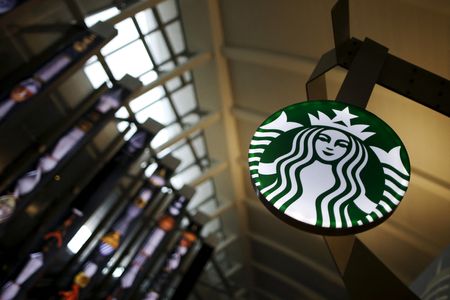
By Richa Naidu
LONDON (Reuters) -Laxman Narasimhan may have no experience of running coffee shops, but the outgoing CEO of British packaged goods group Reckitt will bring insight into the changing habits of consumers when he takes over at Starbucks.
At Reckitt, maker of Strepsils throat lozenges and Dettol floor cleaner, the 55-year-old Narasimhan spearheaded a sweeping, but unfinished, corporate turnaround, while honing relationships with retailers ranging from Walmart to Tesco.
When he joins Starbucks in October, Narasimhan will have to adapt his focus to serving the millions of people who step into the coffee chain’s roughly 32,000 stores every day.
But his background, including a stint of several months as PepsiCo’s chief commercial officer in 2019, should ensure a smooth transition to Starbucks, analysts said.
“I don’t think he’s had material exposure to direct-to-consumer businesses or in running retail networks,” Credit Suisse analyst Eamonn Ferry said.
“He has no direct experience in coffee, so you could question that. However, he does hold a deep understanding of the consumer and this is far more important,” Ferry added.
Narasimhan is succeeding interim CEO Howard Schultz, who re-joined the chain a third time after prior CEO Kevin Johnson retired this spring.
Starbucks identified Narasimhan as a potential successor to Johnson well over a year ago as they were strategizing the coffee chain’s future and evaluating both internal and external candidates, sources familiar with the matter said.
Charles Tribbett III, who co-leads Russell Reynolds Associates CEO and board advisory business, led the search for Johnson’s successor, said the sources.
The world’s biggest coffee chain is reworking its business model from a focus on cafes to mobile pickup and delivery, while facing higher costs for ingredients and labour.
Seattle-based Starbucks also faces a labour union drive, with more than 200 of its U.S. stores having unionized in the past year and staff pushing for improved benefits and wages.
Narasimhan, who also spent nearly two decades at consultancy and well-known turnaround firm McKinsey & Co, will have six months after joining to get to grips with the business before taking the helm as chief executive of Starbucks in April 2023.
His track record and eye for detail suggests he will use that time to study every facet of the business, analysts and investors said.
“Narasimhan was seen to have been doing a good job thus far,” Jack Martin, fund manager at Reckitt shareholder Oberon Investments, said, adding that he had “steadied the ship” following a relatively turbulent period under his predecessor.
REJUVENATION TO REINVENTION
At Starbuck’s, Narasimhan will oversee a “reinvention” plan, which the company says includes paying better wages for baristas, improving employee welfare and customer experience and re-imagining stores.
His record at Reckitt suggests he is prepared to take painful decisions early.
Soon after becoming Reckitt CEO in 2019, he commissioned a strategic review, vowing to spend 2 billion pounds ($2.3 billion) over three years to “rejuvenate” it.
Early in the plan, Reckitt took a hit to margins to fund new investments and refocus on hygiene, health and nutrition brands. That approach eventually proved popular with shareholders.
“Under Laxman, Reckitt has a newfound confidence – investors seem to be convinced that everything is going in the right direction,” Bernstein analyst Bruno Monteyne said.
“He radiates – oozes – confidence,” Monteyne added.
For Reckitt, Narasimhan’s exit leaves a big hole.
For now, longtime Reckitt board member and former British American Tobacco (BAT) chief Nicandro Durante will lead the maker of Lysol surface cleaner and Durex condoms.
“When Laxman made his intention clear…they thought moving quickly was best,” said Patricia O’Hayer, Reckitt’s global head of communications and government affairs. She noted that Durante steered BAT, a bigger company, through its own transformation.
($1 = 0.8654 pounds)
(Reporting by Richa Naidu; additional reporting by Jessica DiNapoli; Editing by Alexander Smith, Louise Heavens and Lisa Shumaker)